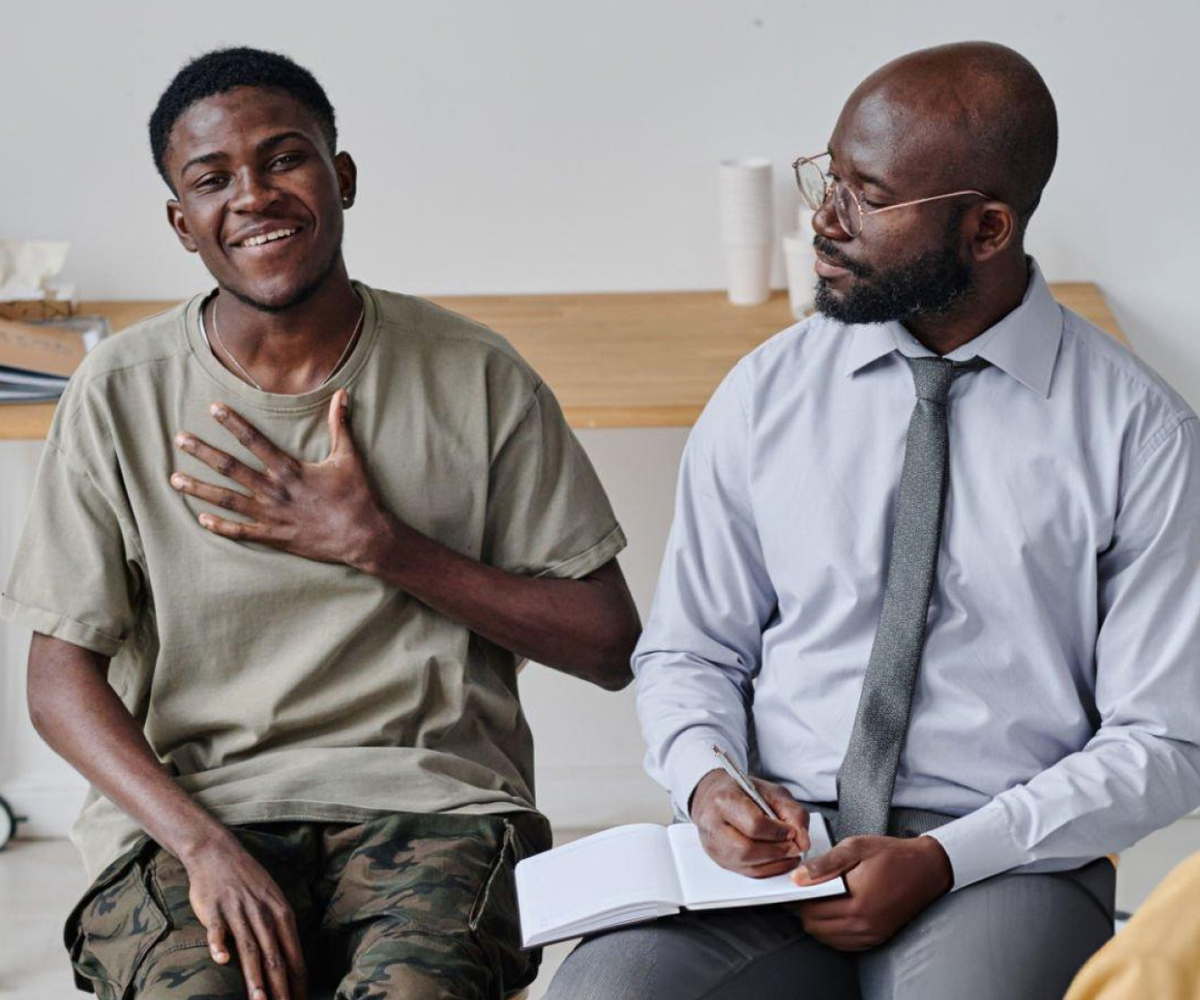Understanding Intervention
At WonderPeace Rehabilitation Centre, we understand that many people struggling with addiction may not fully realize the extent of their problem or how their behaviors impact themselves and their loved ones. They may be in denial or simply unwilling to seek treatment. That’s where our intervention services come in, offering a crucial opportunity to change the course of an addict’s life before things spiral further out of control.
What Are Psychiatric Consultation Services at WonderPeace?
Our psychiatric consultation services involve comprehensive evaluations conducted by experienced psychiatrists who specialize in treating both addiction and mental health conditions. We focus on understanding the unique challenges faced by each patient, including substance use disorders, behavioral addictions, and co-occurring mental health conditions like depression, anxiety, and PTSD. These consultations are tailored to develop individualized treatment plans that address the root causes of each person’s struggles.
The Importance of Intervention
Often, individuals caught in the grip of addiction are unable to recognize the severity of their condition. This denial can delay critical treatment and deepen the negative effects on their health, relationships, and overall well-being. Waiting for an individual to seek help on their own may lead to worsening situations. That’s why timely intervention is so important—it helps get the person into a treatment program before their addiction causes irreparable harm.
How WonderPeace Can Help with Interventions
At Wonderpeace, our team of professionals is equipped to guide family members, friends, and loved ones through the delicate process of staging an intervention. We work closely with the people who care most about the individual to develop a personalized intervention strategy, tailored to the specific needs of the addict and their circumstances. There is no “one-size-fits-all” approach to intervention, and we recognize that each situation is unique.
Creating a Personalized Intervention Strategy
Our intervention specialists help the concerned parties—whether they be parents, siblings, spouses, partners, co-workers, or close friends—formulate an effective plan to approach their loved one. The intervention strategy we create together takes into account:
- The nature of the individual’s addiction.
- Their relationships with the intervening parties.
- Any underlying mental health conditions or co-occurring disorders.
- The best way to present the intervention to ensure the person feels supported rather than attacked.
By addressing these factors, we increase the likelihood that the individual will recognize their need for help and agree to enter treatment.
The Path to Recovery
Once the intervention is successful and the individual agrees to seek help, they can begin their recovery journey at Wonderpeace Rehabilitation Centre. Our treatment programs are designed to address the physical, mental, and emotional aspects of addiction, providing a comprehensive path to healing.
At Wonderpeace, we believe that timely, compassionate intervention can be the turning point in an individual’s battle with addiction, paving the way for lasting recovery and restored relationships.

Make Appointment

Select Treatment

Get Consultation
Frequently Asked Questions
Once inpatient treatment is complete, an individualized aftercare plan will be put into place to help navigate the early weeks and months of solo recovery. The aftercare plan will be monitored by a case manager and will include a variety of components, including ongoing therapy and participation in a support group. Other components are based on unique needs and may include help finding a job or safe housing, educational assistance, ongoing monitoring of a co-occurring mental illness, and other programs and interventions.
Pack enough clothes to last you at least a week when heading to a residential treatment center. Laundry facilities are available for your use. Leave electronics and valuables, including jewelry and cash, at home. Bring whatever toiletries you need. You may also want to bring things to do during relaxation periods, such as a book or crossword puzzles. Bringing a journal and plenty of pens is always recommended, as reflecting in a journal is a valuable benefit to recovery.
Most residential treatment programs allow you to have visitors after a period of time. The early days of inpatient rehab are generally focused on getting you settled into a routine and don’t typically include visiting hours. Depending on your program, phone access may be available from the start, although there may be some restrictions.
Most high-quality residential treatment programs allow you to tour the facility and talk to staff before entering a program. Look for clean, comfortable facilities with indoor and outdoor areas for socializing and reflecting. If you have special needs, such as dietary or accessibility issues, ask whether they can be accommodated. It’s important to inquire whether counselors, therapists, and other staff are licensed and trained in addiction treatment. Additionally, find out what your schedule will be like in early treatment and later on. Typically, the longer you’ve been in the program, the more freedoms you’ll have.
High quality inpatient treatment programs offer a variety of recreational opportunities, such as sports courts, swimming or workout facilities, TVs, games, and off-site field trips to dine out, catch a movie or go bowling. An important aspect of treatment is learning how to have fun without needing drugs or alcohol, and recreational activities help you develop a new sense of fun and relaxation.
